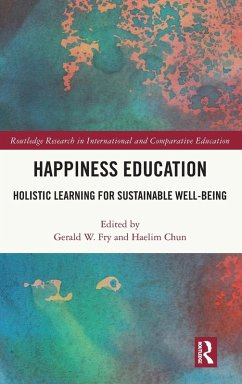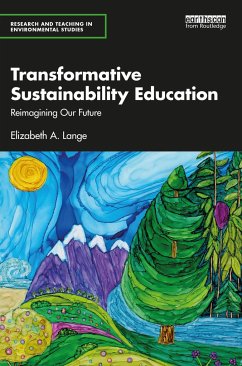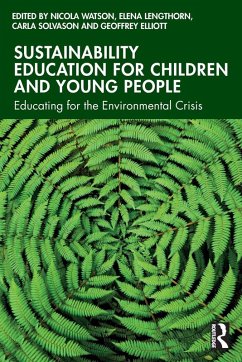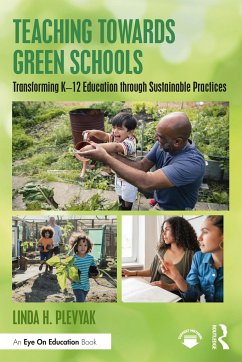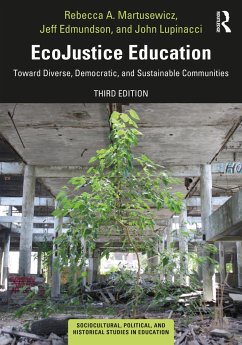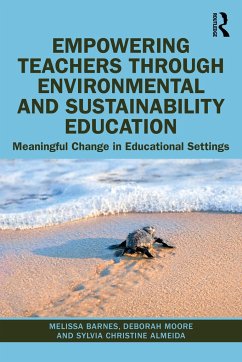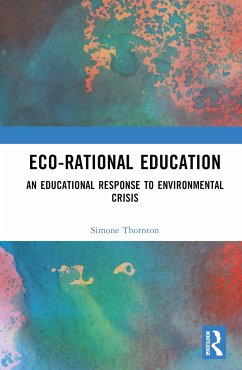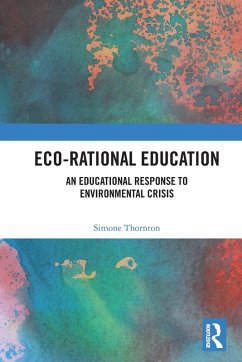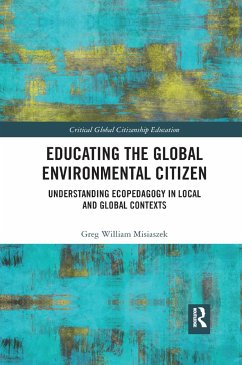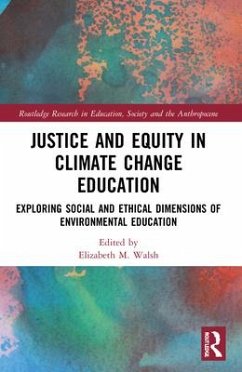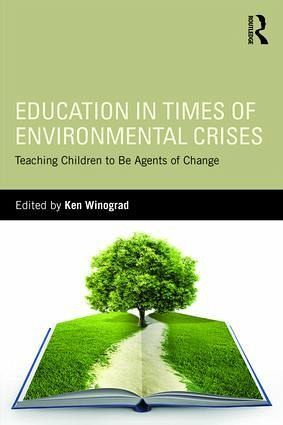
Education in Times of Environmental Crises
Teaching Children to Be Agents of Change
Herausgeber: Winograd, Ken
Versandkostenfrei!
Versandfertig in 1-2 Wochen
64,99 €
inkl. MwSt.
Weitere Ausgaben:

PAYBACK Punkte
32 °P sammeln!
The core assumption of this book is the interconnectedness of humans and nature, and that the future of the planet depends on humans' recognition and care for this interconnectedness. This comprehensive resource supports the work of pre-service and practicing elementary teachers as they teach their students to be part of the world as engaged citizens, advocates for social and ecological justice. Challenging readers to more explicitly address current environmental issues with students in their classrooms, the book presents a diverse set of topics from a variety of perspectives. Its broad social...
The core assumption of this book is the interconnectedness of humans and nature, and that the future of the planet depends on humans' recognition and care for this interconnectedness. This comprehensive resource supports the work of pre-service and practicing elementary teachers as they teach their students to be part of the world as engaged citizens, advocates for social and ecological justice. Challenging readers to more explicitly address current environmental issues with students in their classrooms, the book presents a diverse set of topics from a variety of perspectives. Its broad social/cultural perspective emphasizes that social and ecological justice are interrelated. Coverage includes descriptions of environmental education pedagogies such as nature-based experiences and place-based studies; peace-education practices; children doing environmental activism; and teachers supporting children emotionally in times of climate disruption and tumult. The pedagogies described invite student engagement and action in the public sphere. Children are represented as 'agents of change' engaged in social and environmental issues and problems through their actions both local and global.





